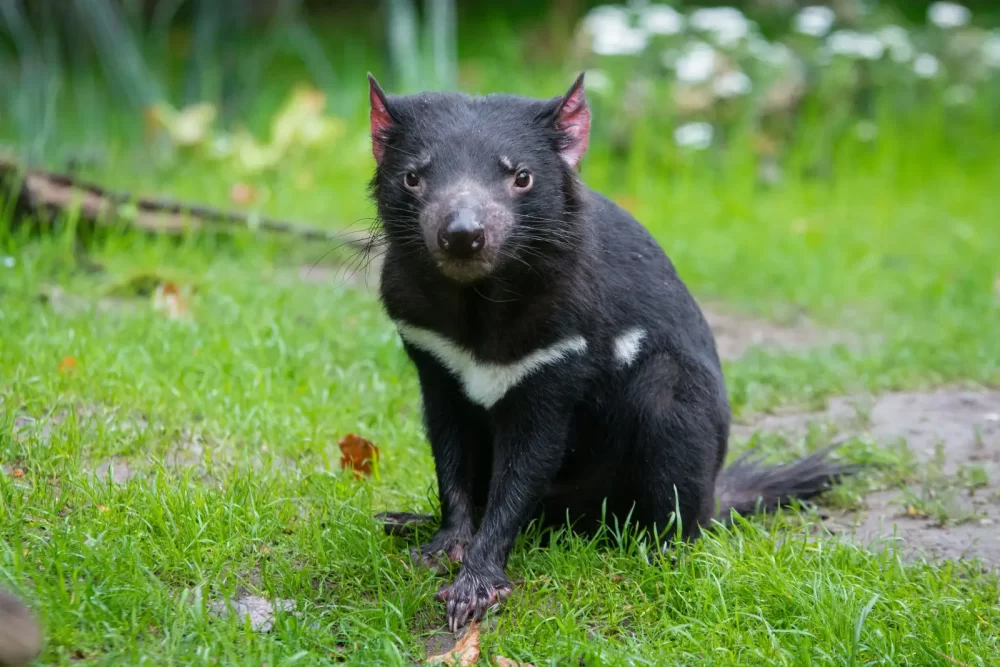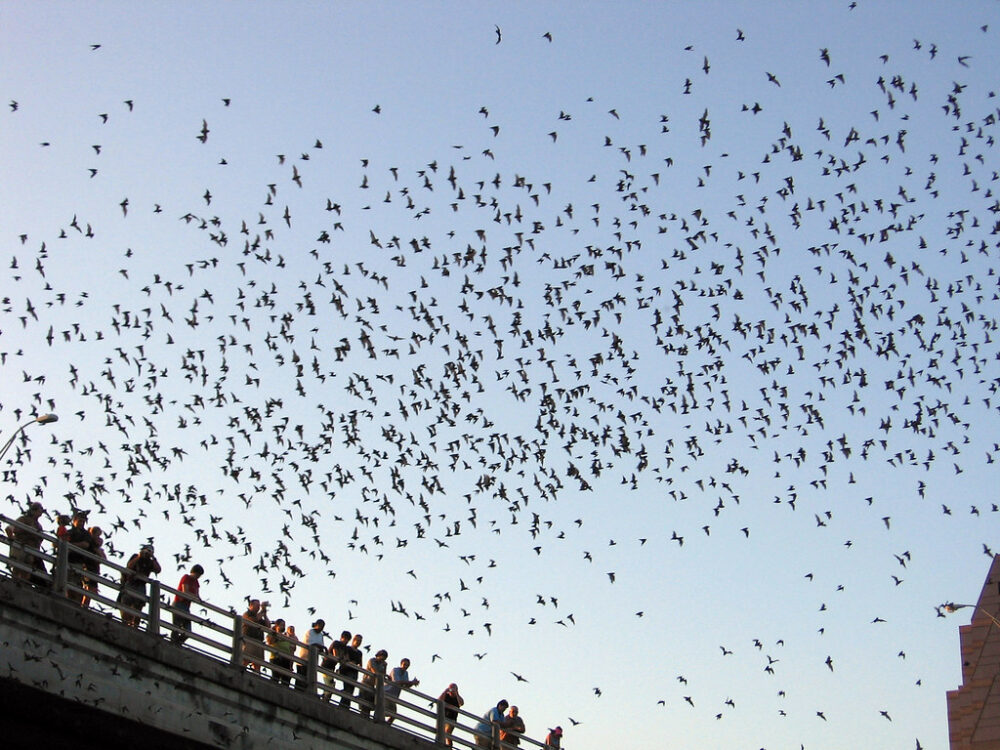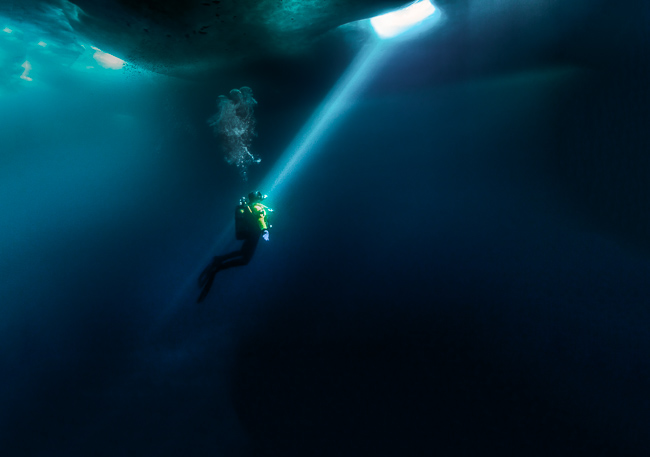Societal challenges of hormonal birth control for men
For many couples, reliable birth control is an important aspect of their relationships. The field of male contraception is evolving to become more accessible and mainstream. Traditionally, a majority of birth control options are the responsibility of women. For male contraceptives to gain widespread acceptance, a broad shift in mindset is essential. Men must be […]
Societal challenges of hormonal birth control for men Read More »








